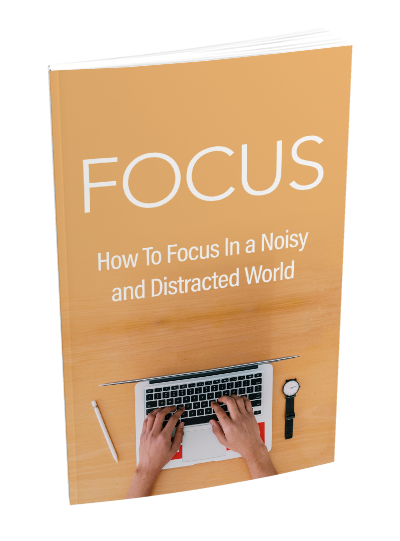Free Training & Career Tips... Subscribe to Get Weekly Career Tips

By Subscribing You are Agreeing to Terms and Conditions
If you want to perform at your best, you need to actively and consciously find ways to minimise stress. According to the World Health Organization (WHO), work stress is caused by excessive pressure relating to a person’s job which typically happens in the following types of circumstances:
Symptoms of stress in the workplace can include:
What are the most common triggers of stress in the workplace?

Here are our top tips to help you to stay healthy and manage workplace stress:
When people feel like they have no control over their circumstances this can lead to stress. To help alleviate this problem, pinpoint those aspects of a situation that you do have control over as opposed to those over which you have no direct control. For instance, you may not be able to control the actions of others, but you can control your own actions and the way you respond. Learn to let go of those areas of concern over which you do not have a direct influence.
While it is tempting to just knuckle down for long periods of time when getting your work done, making a conscious effort to step away from your desk for a few minutes at a time at regular intervals throughout the day will give you the chance to recharge and refocus; and give you the mental clarity you need to become more productive.
Poor eating habits can have a negative effect on the body and the mind. As opposed to consuming too much caffeine and eating too many sweets and junk foods, switch to healthy alternatives such as wholesome fruits and vegetables.
When you feel tense, frustrated, or overwhelmed these feelings can greatly influence your response to a particular situation. Instead of simply overreacting or getting into a flap, put your work down and take a few deep breaths. Even a few minutes of deep breathing can help to relieve stress and make you feel calmer and more in control. Once you have regained your composure, you can approach the situation with greater focus and with a clearer head.
When you are constantly wondering how you are being perceived by others or seeking approval, this can be detrimental to your self-confidence and lead to self-imposed stress. Instead of focussing on how others perceive you, focus instead on the job at hand and the various tasks that you need to complete. This will increase your productivity and give you something to show for your efforts.
Even though you may love your job, it is equally important to also engage in other activities that are not related to work. This means taking time to disconnect from your work. Go for a walk, watch a movie, eat out, or do something completely non-work related such as decorating your home or working in the garden.
After a long day, meditation or using relaxation techniques can help you to unwind and destress. Learning how to meditate properly or practicing yoga, for example, go a long way towards eliminating accumulated stress.
Signs that you may be experiencing work-related stress include feeling anticipatory stress on Sunday evenings prior to the start of the work week. If your stress symptoms tend to spike when you are at work or thinking about work, you are likely to be suffering from work-related stress. However, feelings of general anxiety or depression may mean that your stress is caused by additional factors outside of the workplace.
Reference Sources: www.indeed.com
Copyright text 2024 by Business Optimization Training Institute.